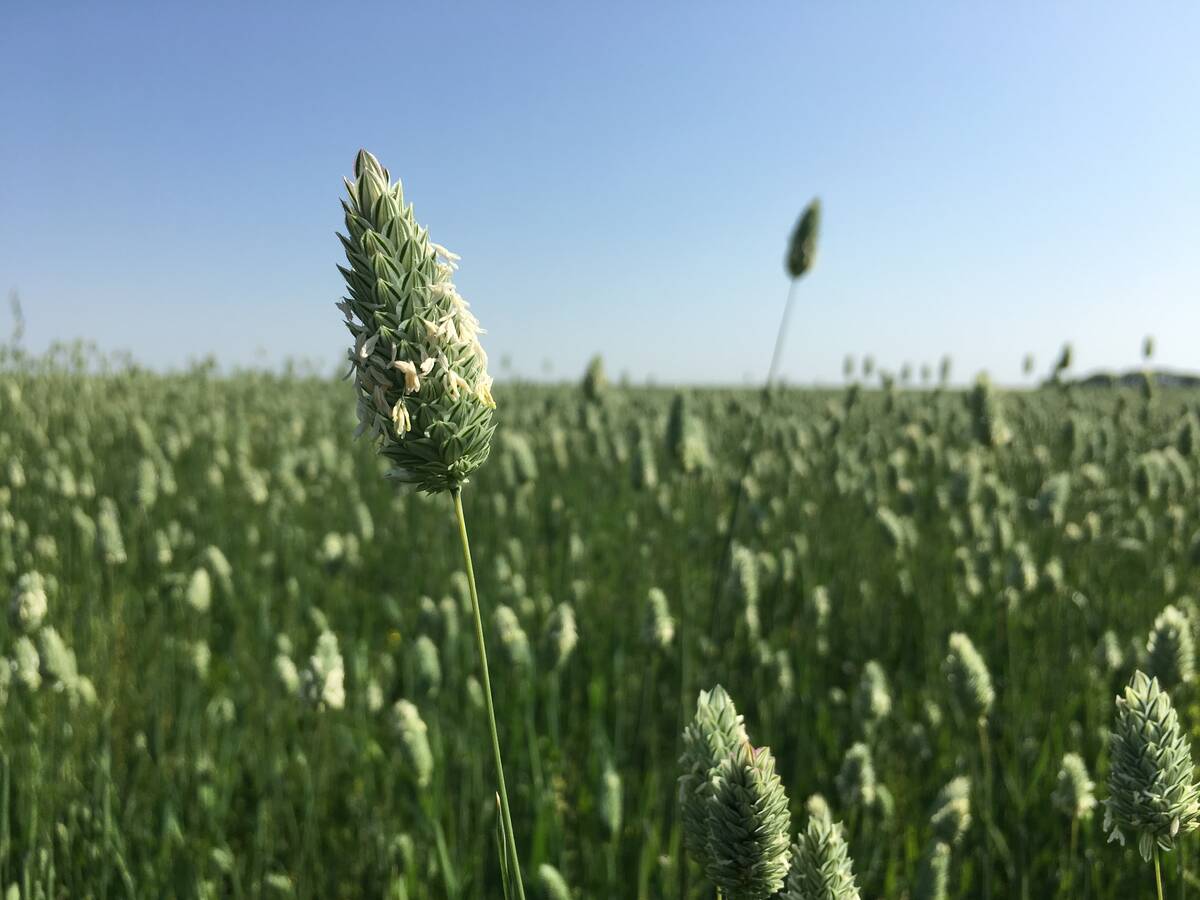China’s volatility and importance require careful balance, while public opinion on carbon emissions must be addressed
When it comes to agriculture policy, the re-elected federal government has an opportunity to turn a hanging albatross into a set of wings, Agri-Food Economic Systems analysts say.
However, it will have to deal with two disruptive matters in the context of already great polarization and alienation: China and climate change.
“Major issues will need to be engaged,” say analysts Al Mussell, Douglas Hedley and Ted Bilyea.
“With the developments of 2018-19, agri-food is no longer a separable portfolio from the overall policy space and its complex of issues.”
Read Also

No special crop fireworks expected
farmers should not expect fireworks in the special crops market due to ample supplies.
Both China and climate change bring fundamental challenges to how Canada structures its agriculture system, its economy and its society, they say.
With China, there is a fraught balance between the tremendous opportunities the nation’s giant market offers and the realization that this market could be snatched away at any time, as has happened in the past year for Canadian canola, soybeans, pork and beef.
How much will Canadian producers and processors want to invest in producing products for China if that market is lucrative but insecure?
“It presents the prospect of a very large and potentially fickle customer that can suddenly choose or be pressured to turn its back on Canadian suppliers,” the note says.
“Scaling up to serve such customers can be risky, but ignoring them risks loss of opportunity.”
With climate change, Canada’s farming industry faces a challenge in dealing with a nation that voted largely for political parties that support action to reduce carbon emissions.
That has the potential, and has already had the impact, of putting farmers in the crosshairs of public concern about their industry’s carbon emissions and lead to an increasing of their operating costs.
However, the authors think the federal government could turn farmers and carbon emissions into a positive for agriculture, if the combination is approached right.
“Agriculture has been largely left out of the climate change debate (except for being portrayed as a key source of emissions) but the potential for agriculture to be a solutions provider has been left out of the discussion. Understood properly, much has been achieved in agriculture that serves to reduce greenhouse gas emissions, and grazing livestock are part of a solution.
“The new government has an opportunity to endorse this and in so doing support emissions reductions and sequestration in agriculture.”
However, increased operating costs for Canadian farmers will need to be shielded against foreign competitors who employ weaker carbon reduction standards, they say.
“Canada’s efforts at carbon emissions reduction in agrifood cannot be undercut through imports from other countries that do not undertake analogous efforts and incur associated costs.”
How that situation can be addressed is being discussed by economists now.
















